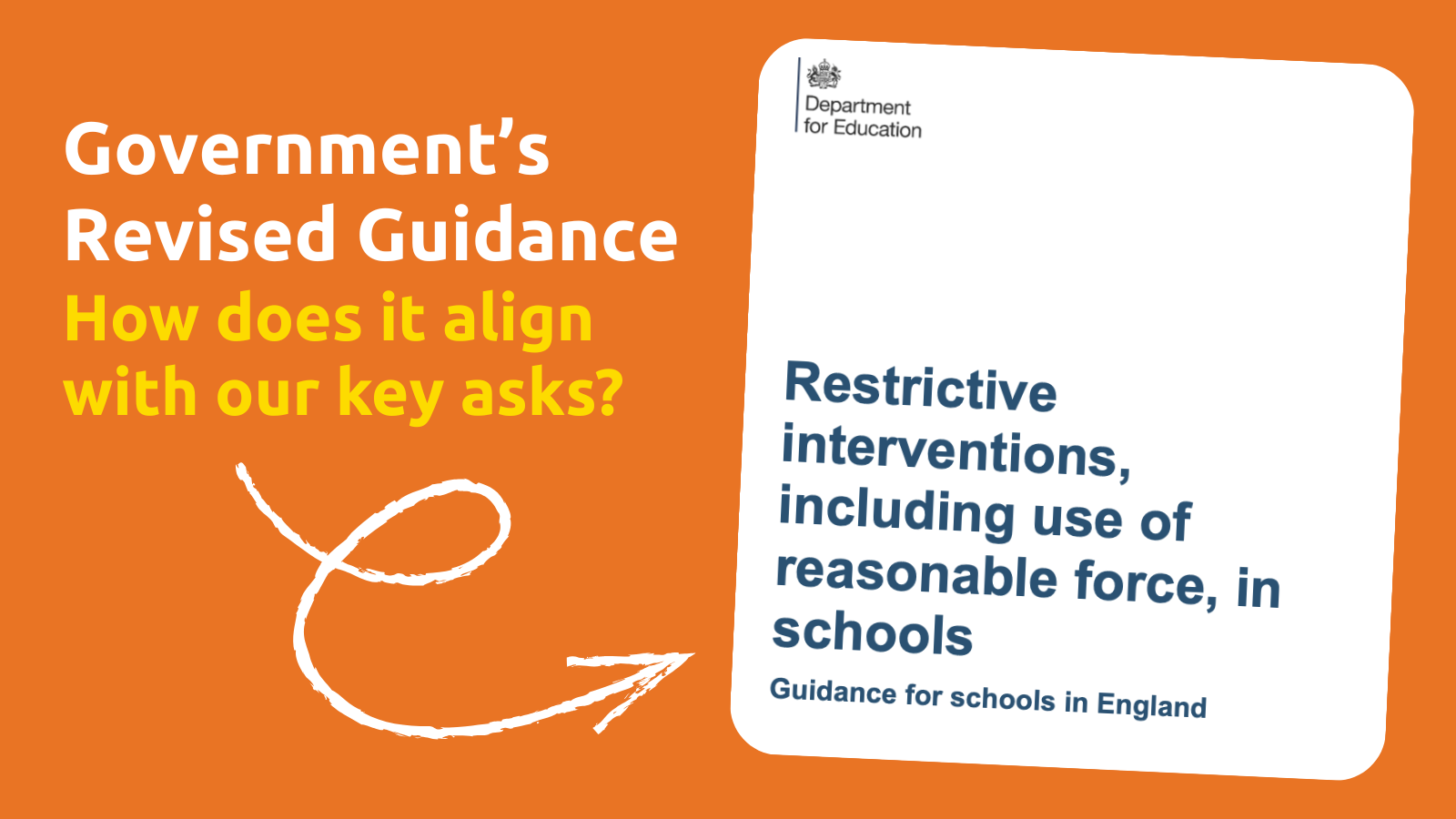Last week, Ofsted published the outcomes of their consultation on inspection reform, with changes set to take place from late 2025.
Ofsted has published the outcome of its consultation on inspection reform, due to take effect from late 2025. The changes aim to make inspections clearer, fairer and more collaborative, with a stronger focus on inclusion.
Although many of the changes are positive, questions remain about how far the reforms will go for specialist schools, colleges and students with SEND.
Key changes introduced
The most significant reforms are:
New grading scales and assessment criteria
A new ‘report card’ system will grade schools across six key areas, replacing the previous single overall judgement. The scale has been revised and now includes five categories: Urgent improvement, Needs attention, Expected standard, Strong standard, and Exceptional.
Report cards will include short narratives explaining strengths and weaknesses. This will be helpful for parents when using Ofsted reports to choose and differentiate between schools.
Additionally, Ofsted will assess six areas, as opposed to eight. This shift is intended to ensure inspections are more consistent and reduce the workload for school staff. The six key areas are: Inclusion; Curriculum and teaching; Achievement; Attendance and behaviour; Personal development and well-being; and Leadership and governance.
‘‘While the new grading system provides more detail than a single overall grade, there is a risk that splitting inspections into multiple categories could just replace one unhelpful judgment with several. Ofsted will need to monitor carefully to ensure that inspections remain fair and do not add undue stress for school staff.’’
– Styliana Pasiardi, Policy and Campaigns Manager
Revised methodology
Ofsted inspectors will no longer carry out ‘deep dives’, a change welcomed for reducing pressure on middle leaders and allowing inspectors to spend more time with leaders and pupils.
Inclusion as a central theme
A stand-alone evaluation area focuses on disadvantaged children, including those with SEND and those known to social care. This addition is a positive step which recognises the importance of supporting the most vulnerable and disadvantaged children at school.
Monitoring and assurance
Early years inspections will take place more often (every four years instead of six) and new providers will be inspected within 12–18 months. Schools and Further Education (FE) providers graded below the expected standard will receive monitoring visits, which will include action points and the possibility of revised grades.
Wellbeing and consistency
An extra inspector will join school teams on day one, timeframes for inspection days are set, and inspectors are receiving mental health training. Complaints processes are being strengthened with greater independence. These changes are designed to give inspectors a true representation of the school, while prioritising the mental health of school staff.

What the changes mean for specialist schools and colleges
Specialist schools, alternative provision (AP) and specialist FE colleges are explicitly included in the reforms. Key points include:
- Alignment: Independent special schools will be evaluated on the same criteria as state schools, in addition to compliance with independent school standards, ensuring consistency across sectors.
- Expertise: Inspections are expected to involve inspectors with relevant sector knowledge who can fairly judge specialist provisions.
- Adaptation: Toolkits and operating guides will be provided to schools and will include advice on tailoring evidence gathering for small settings and specialist contexts, such as high needs provision or AP.
- High needs in FE: Specialist colleges and high-needs provision within FE are covered by a specific evaluation area: ‘contribution to skills needs’.
- Focus on vulnerable children: Ofsted will ‘shine a spotlight on decisions’ that ‘compromise the education and care of vulnerable children’, with inspectors evaluating schools’ use of off-site education and any SEN resourced provision or units as set out in the state-funded schools operating guide.
Overall, the changes exhibit an acknowledgement of the importance of recognising the unique challenges that schools face in terms of inclusion and support for SEND or care-experienced learners. Additionally, many of the changes recognise the importance of lowering the pressure on school staff during the inspection period and beyond.
Gaps in relation to SEND
Despite progress, some gaps remain:
- Systemic challenges: Funding shortages, delays in EHCP processes, and pressures on health and social care are acknowledged but not addressed within the framework. These external issues heavily shape SEND provision yet sit outside Ofsted’s remit.
- Small settings, such as specialist schools and colleges with small cohorts, may still struggle to evidence inclusion in the same way as larger providers.
- Parental voice: While parental engagement was tested in the design of report cards, it is less clear how feedback from families of children with SEND will be prioritised in inspection outcomes.
- Inspector expertise: Ensuring inspectors have sufficient SEND and specialist knowledge across all inspections remains a practical challenge. Inconsistencies here risk undermining trust.
Reflections
“The reforms clearly respond to criticism of the old system. They offer more nuance than a single word grade, recognise inclusion as a priority, and aim to reduce inspection stress.
For specialist schools and colleges, the alignment of evaluation areas and the expectation of expert inspectors is positive. Nevertheless, gaps and questions remain. Contextual sensitivity is promised, yet how well it is applied will determine whether specialist settings feel understood. Families of learners with SEND might still feel their experiences are not fully represented.
Overall, the changes are a step in the right direction. They could create a more balanced, informative system, but their success will depend on consistent implementation and continued listening to those who work in and rely on SEND provision”
– Molly Deakin – Policy and Campaigns Officer



